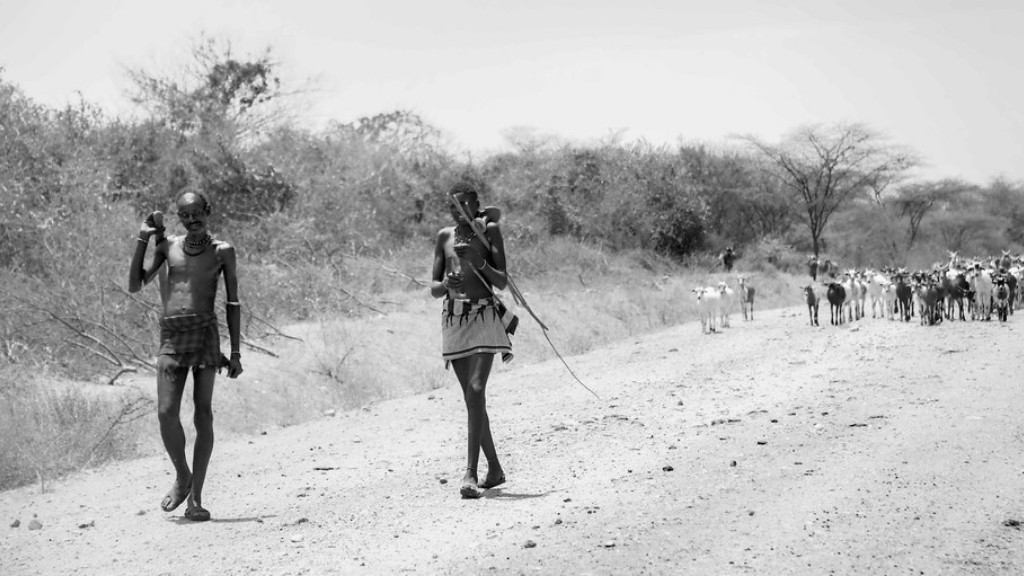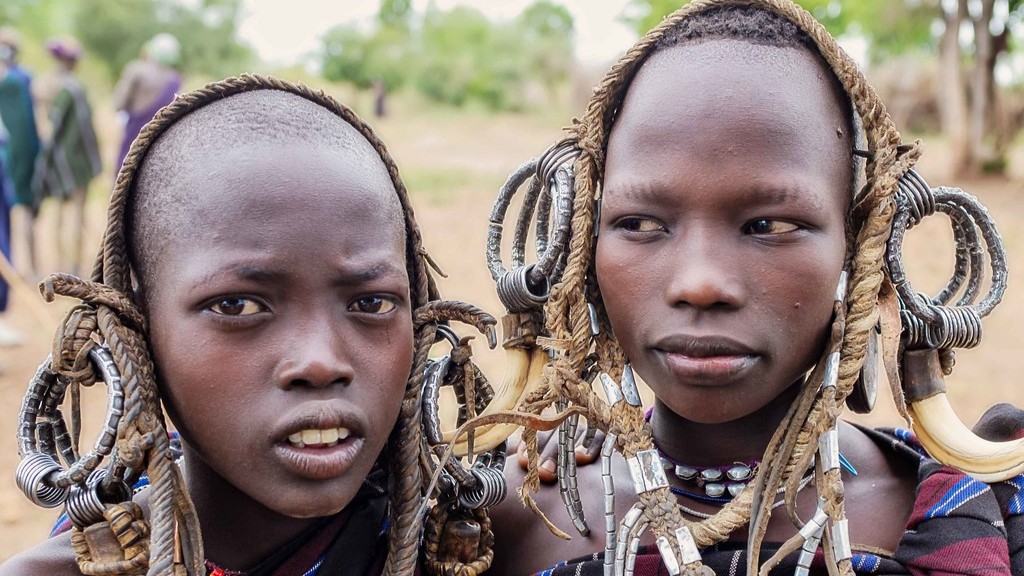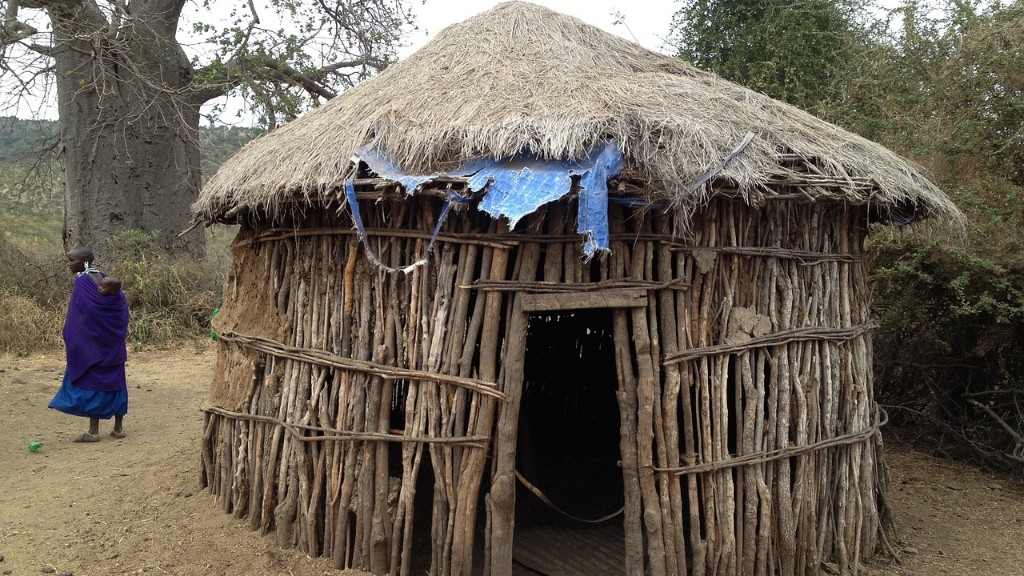African Tribes in American Slavery
Throughout the history of American slavery, millions of African people were forcibly transported from their homelands to the Americas. This massive human trafficking resulted in a diverse population of enslaved Africans, each with their own unique cultural background, language, and traditions. The continent of Africa is incredibly diverse, consisting of numerous tribes and ethnic groups. Understanding the African tribes that were brought to America can provide valuable insights into the experiences and hardships faced by enslaved Africans during this dark period in history.
One of the largest groups of enslaved Africans in the Americas were the West Africans, who belonged to various tribes such as the Yoruba, Igbo, Akan, and Hausa. These tribes were primarily located in modern-day Nigeria, Ghana, Benin, and Togo. West Africans brought with them a rich cultural heritage and a variety of skills, including agriculture, metalworking, and weaving. Their knowledge and expertise played a crucial role in the economic development of the southern United States, particularly in industries such as cotton and tobacco.
The Central Africans, originating from present-day Angola, Congo, and Guinea, were another significant group within the African diaspora. Among the tribes enslaved from Central Africa were the Mbundu, Kongo, and Bakongo. These tribes had a deep connection to the land and were skilled farmers. They brought with them agricultural practices that proved vital for survival in the harsh conditions of plantation life. Additionally, Central Africans contributed to the development of musical traditions, influencing the birth of genres such as blues and jazz in American culture.
Another prominent African tribe impacted by American slavery was the Wolof, originating from the Senegal region of West Africa. The West African coastline served as a major hub for the transatlantic slave trade, and the Wolof people were among those forcefully taken from their homes. Known for their expertise in trade and commerce, the Wolof played a significant role in the economic exchanges between European settlers and African tribes. Despite immense suffering and exploitation, their legacy can still be seen today in the Gullah Geechee culture of the southeastern United States.
When examining the African tribes in American slavery, it is important to consider the lasting effects of colonization and forced assimilation. Enslaved Africans were stripped of their identities, language, and cultural practices, as slave owners sought to erase any sense of heritage and autonomy. However, despite these oppressive conditions, many elements of African culture survived and fused with aspects of European American culture, creating a unique African American culture that continues to thrive even today.
The Influence of African Religions and Spirituality
African tribes brought with them a rich spiritual tradition that played a crucial role in their resilience and survival during slavery. Traditional African religions, such as Yoruba, Vodou, and Candomblé, provided enslaved Africans with a means to connect to their ancestral roots and find solace in the face of unimaginable hardship. These spiritual practices were often hidden within Christian worship, allowing Africans to preserve their beliefs while appeasing their slave owners. The syncretism of African and European religious traditions during this time laid the foundation for the development of African American Christianity and distinct religious practices.
The Impact on African Diaspora Communities
The forced migration of African tribes to the Americas created a shared history and experience among people of African descent. This shared history has resulted in the formation of vibrant African diaspora communities throughout the Americas, including the United States, Brazil, and the Caribbean. These communities serve as a testament to the resilience and cultural richness of African tribes, as well as their enduring legacy.
Reclaiming Cultural Heritage
In recent times, there has been a growing movement among African Americans to reclaim their cultural heritage and reconnect with their African roots. Through genealogical research, DNA testing, and cultural exchange programs, individuals and communities are rediscovering their tribal origins and exploring the traditions and languages of their ancestors. This journey of rediscovery serves as a powerful means of healing and empowerment for those who have been historically marginalized.
Remembering the Past and Shaping the Future
Remembering and understanding the diverse African tribes that were enslaved in America is essential to acknowledge the immense contributions and sacrifices of the millions of Africans who endured the horrors of slavery. It also reminds us of the resilience of the human spirit and the importance of preserving and celebrating cultural diversity. By educating ourselves about this history, we can create a more inclusive society that respects and values the contributions of all its members.


